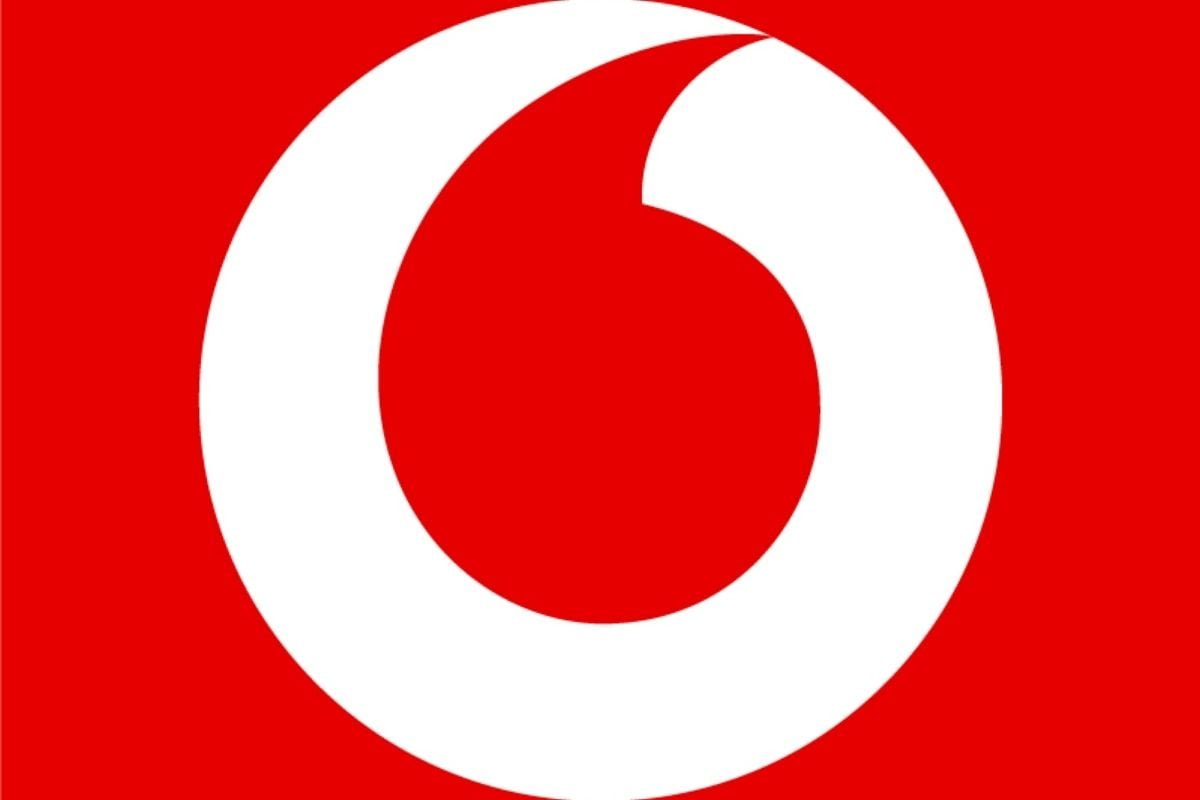
As a result of fruitful field trials in Plauen, Germany, earlier this year, Vodafone launched a 5G Open Radio Access Network (RAN) trial at mobile stations in the German states of South East Bavaria and North East Lower Saxony. As per Vodafone, the upcoming pilot launches will be the first of their sort in Germany. They are expected to start at the beginning of next year. According to Santiago Tenorio, director of network architecture at Vodafone, this would be the first Open RAN system in Germany that uses both customers will be able and is built on hardware and software from a variety of vendors that are fully interchangeable and adaptable depending on the operator's choice.
The Carrier Aspires To Install Open Ran on 30% of All of Its European Sites
The carrier claims that this deployment would also be the first in the nation to fully adhere to the guidelines established by the Open RAN MoU group in Europe. Samsung supplied the radio hardware and software for the pilot. In the coming years, Vodafone hopes to extend the installation of its Open RAN technology in Germany. More broadly, the company wants to install this technology in 30% of all of its European locations by 2030.
As per Tenorio, the supply chain is made more timely and resilient by Open RAN, which enables them to deal with a larger and more varied pool of vendors. A better mobile experience for their clients is a result of more competition, which also fosters innovation.
Vodafone has shown that Open RAN can reduce energy consumption when the proper approaches are utilised, in addition to encouraging innovation and providing the supply chain with much-needed diversity. This summer, experiments conducted in a lab setting at the University of Utah's POWDER Lab led to the development of energy-saving methods for Open RAN systems, which Vodafone and a number of business partners showed. A nine to twelve percent energy reduction was observed in the tests.
The company aims to be more energy efficient than the current mobile networks. Nikoleta Patroni, a senior engineer with Vodafone Open RAN, stated at the time that in order to accomplish this, they need a standardised method for assessing, testing, measuring, and monitoring the energy usage of disaggregated multi-vendor Open RAN. It will really increase transparency and hasten the adoption of Open RAN technology for more extensive commercial installations.















